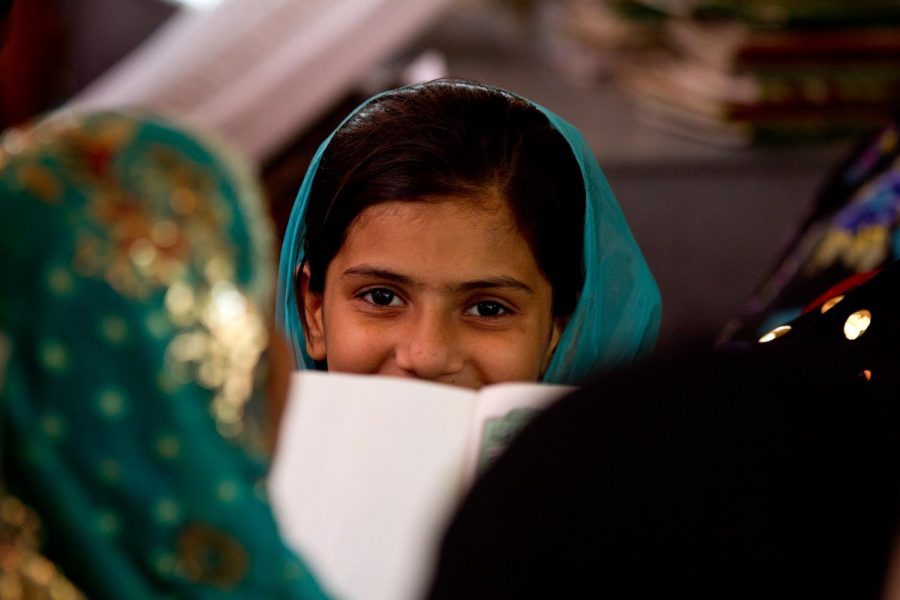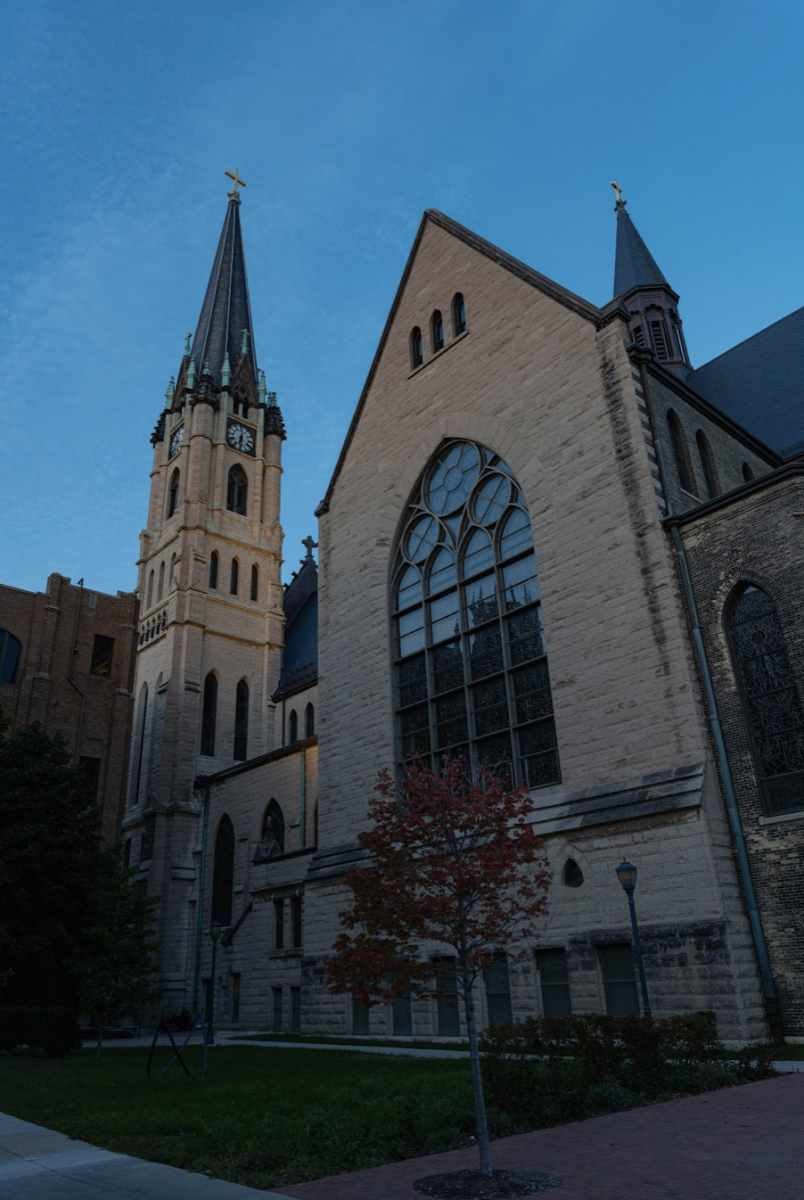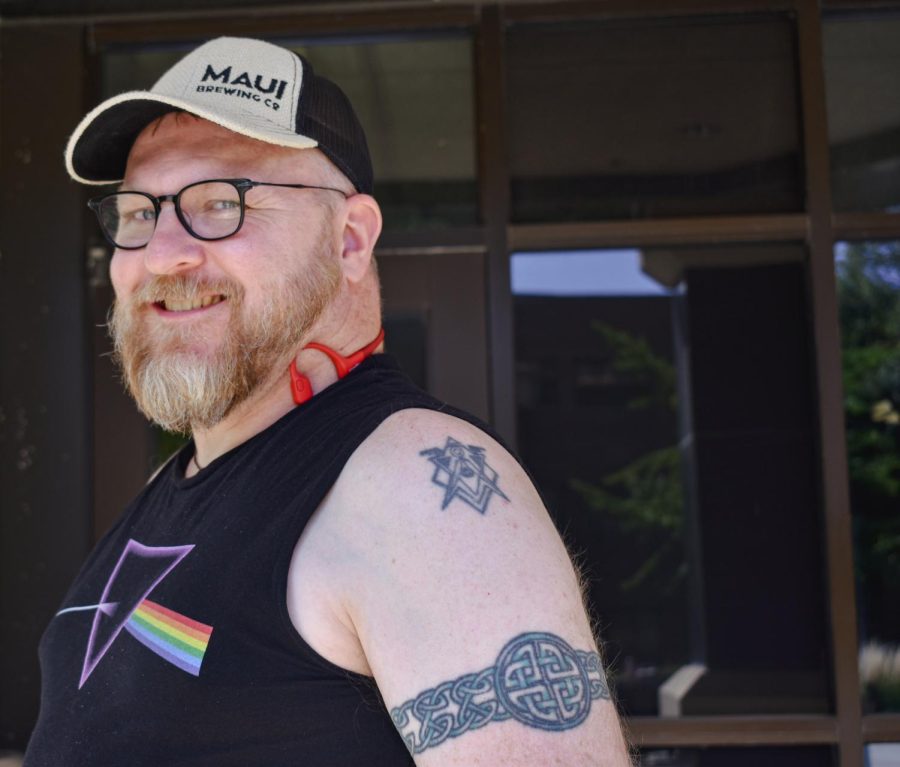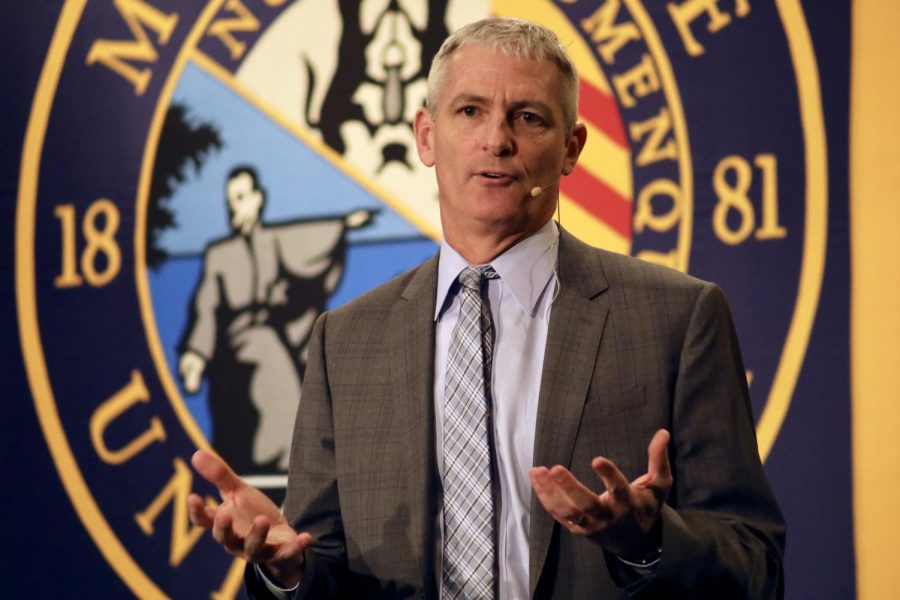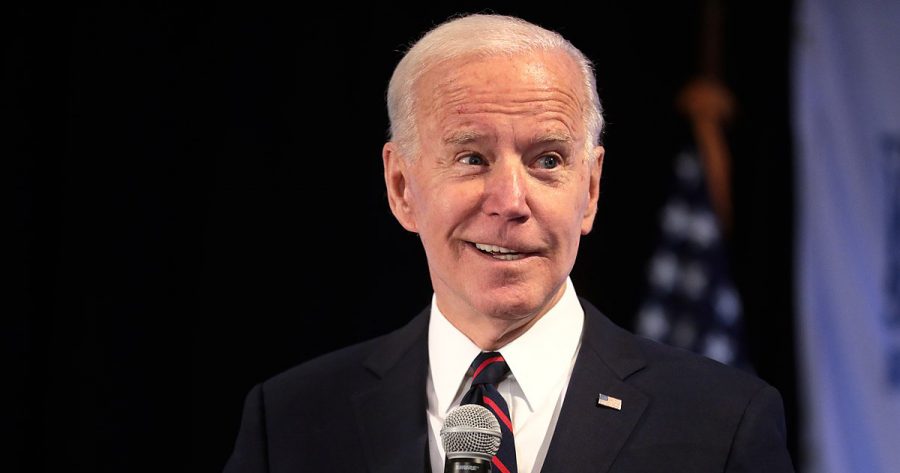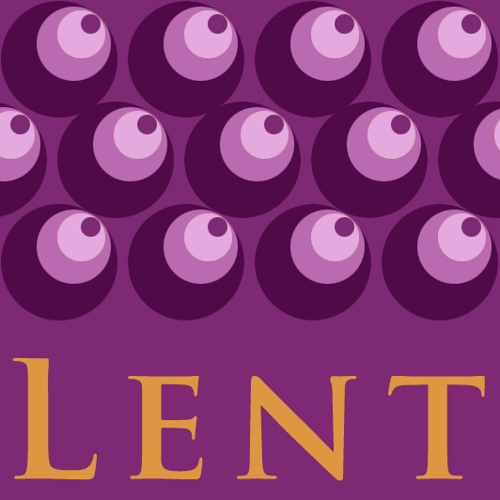Although not everyone on campus celebrates it, the first day of the Muslim holy month, Ramadan, took place April 12 in the United States.
Ramadan is the ninth month in the Arabic calendar, where those who celebrate go through a month-long fast. Fasting, in this case, is the process of not eating or drinking anything during the day. They are allowed to break their fast when the sun sets, a period of time called Iftar.
Ramadan is also one of the Five Pillars of Islam, which are five important principles and beliefs to the Muslim community. The five include the Profession of Faith, Prayer, Fasting and Pilgrimage, with Ramadan falling under prayer.
This year will be the second Ramadan to take place during the coronavirus pandemic, where not everyone who celebrates can enjoy the holiday like they usually do. But for Tesneem Al Fadhel, a first-year in the College of Arts & Sciences, COVID–19 has not changed the way she and her family celebrate.
“COVID hasn’t changed the way my family celebrates because we usually spend most of our time with direct family and not relatives,” Fadhel said.
Despite her being on campus during Ramadan, Fadhel still knows the importance of the holiday to her and her family.
“To my family and I, Ramadan means cleansing ourselves and doing good deeds. The whole month is a way for us to get closer to God by worshipping and reading the Quran,” Fadhel said.
Fasting for a whole month is a very difficult task for many. But despite this, Fadhel embraces it, as she knows that there are less fortunate who barely eat at all.
“We also keep in mind to those who are living in hunger and find ways to donate food and clothes,” Fadhel said.
COVID-19 has unfortunately changed the way people celebrate Ramadan, including Mandy Bader, a sophomore in the College of Health Sciences.
“I haven’t been able to attend Taraweeh prayers anymore at the mosque,” Bader said. “I really do miss praying it though and I also miss the community events or Iftars that the Muslim community or local mosques would host during the month of Ramadan.”
Bader is the co-president of the Arabic Culture and Language Club at Marquette. The club is meant to teach the Marquette community about the Arabic language and culture, as well as spread awareness about the contributions and influence the Arab world has had on a global scale. The club also celebrates various Arabic holidays, including Ramadan.
“In the MU Arabic club, we recognize and honor all religions, as many Arab Americans come from different faiths, especially Islam and Christianity. For Ramadan, the club is honoring this month, especially for our Muslim community,” Bader said.
Despite the changes in the way she can celebrate, Bader has not lost her passion for Ramadan.
“Celebrating Ramadan is a special time for so many of us because for most of us, it is a time where we really are at our highest faith,” Bader said.
This year, Ramadan ends May 12. The ending of Ramadan is a holiday called “Eid al Fitr,” which is Arabic for “Festival of Breaking Fast.” Eid is a three-day celebration, where families come together for prayers and celebration, as the great holiday of Ramadan comes to an end.
This story was written by Rashad Alexander. He can be reached at [email protected].

